Renowned for his photographic investigations, Mathieu Asselin now turns his lens on Dieselgate, revealing the car industry’s violent and exploitative relationship with nature
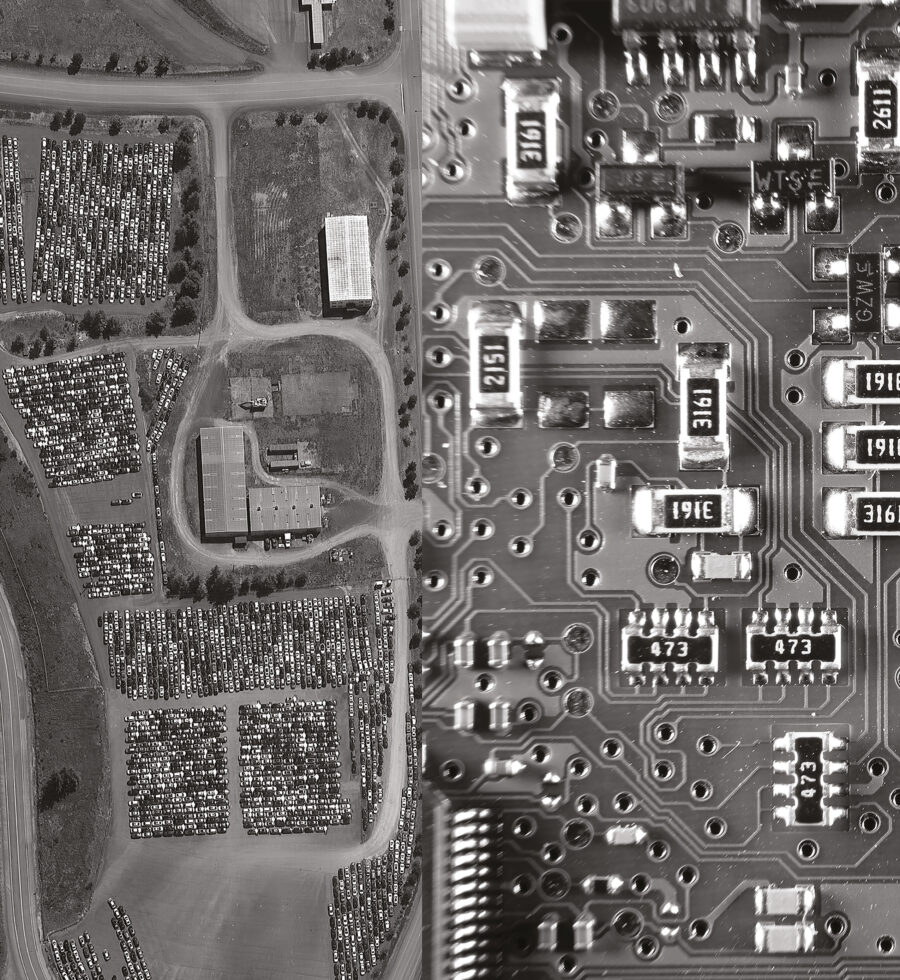

Renowned for his photographic investigations, Mathieu Asselin now turns his lens on Dieselgate, revealing the car industry’s violent and exploitative relationship with nature
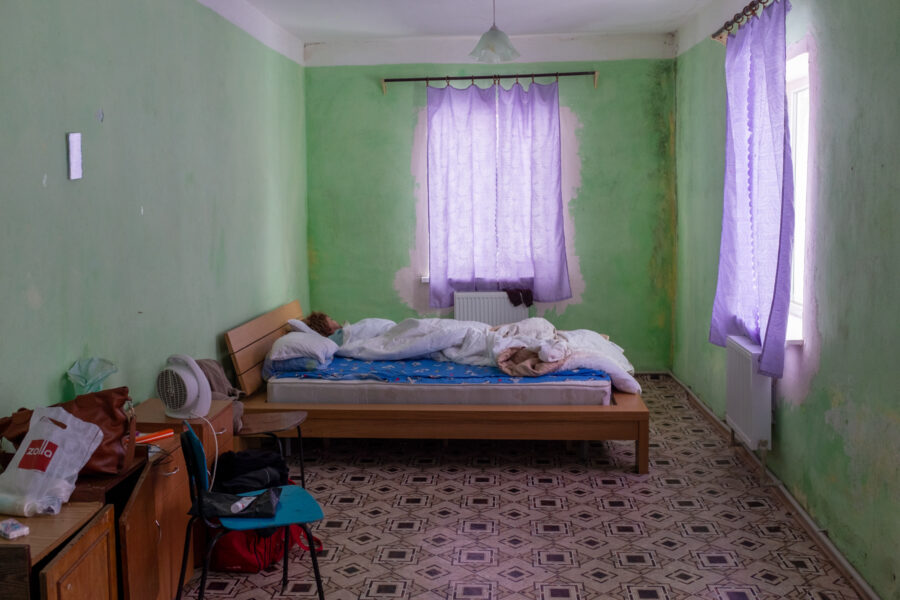
In 2022, Katerina Motylova’s debut photobook, Loss, was shortlisted for the Paris Photo/Aperture Foundation PhotoBook Award. Here she discusses the work – and what conflict in Ukraine has cost her
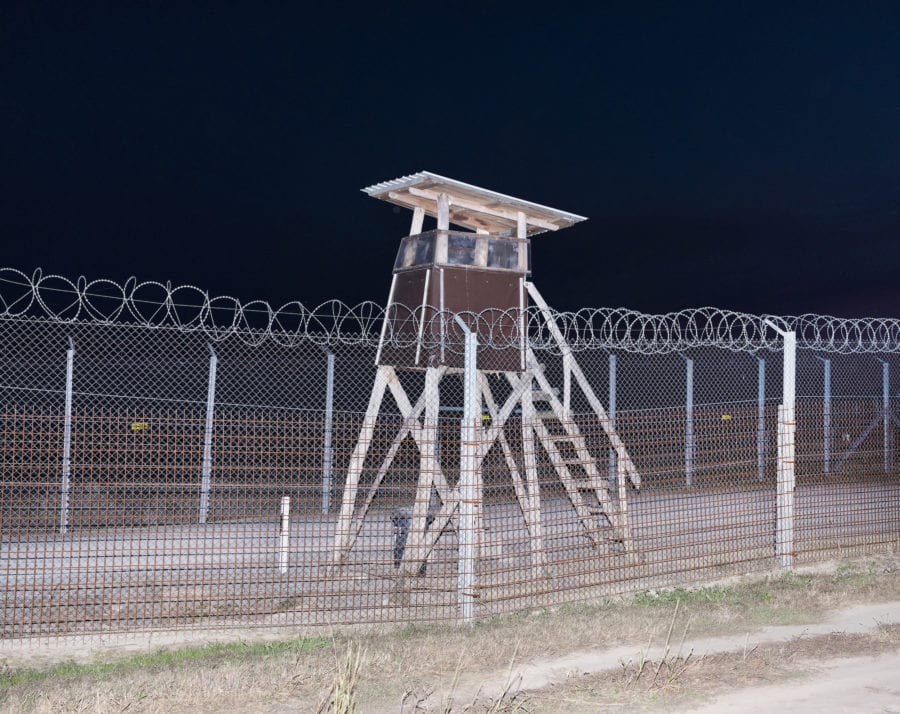
Milach’s new book triptych, I Am Warning You, provides an architectural survey of three fortified borders: the US-Mexican wall, the Hungarian border fence, and the Berlin Wall
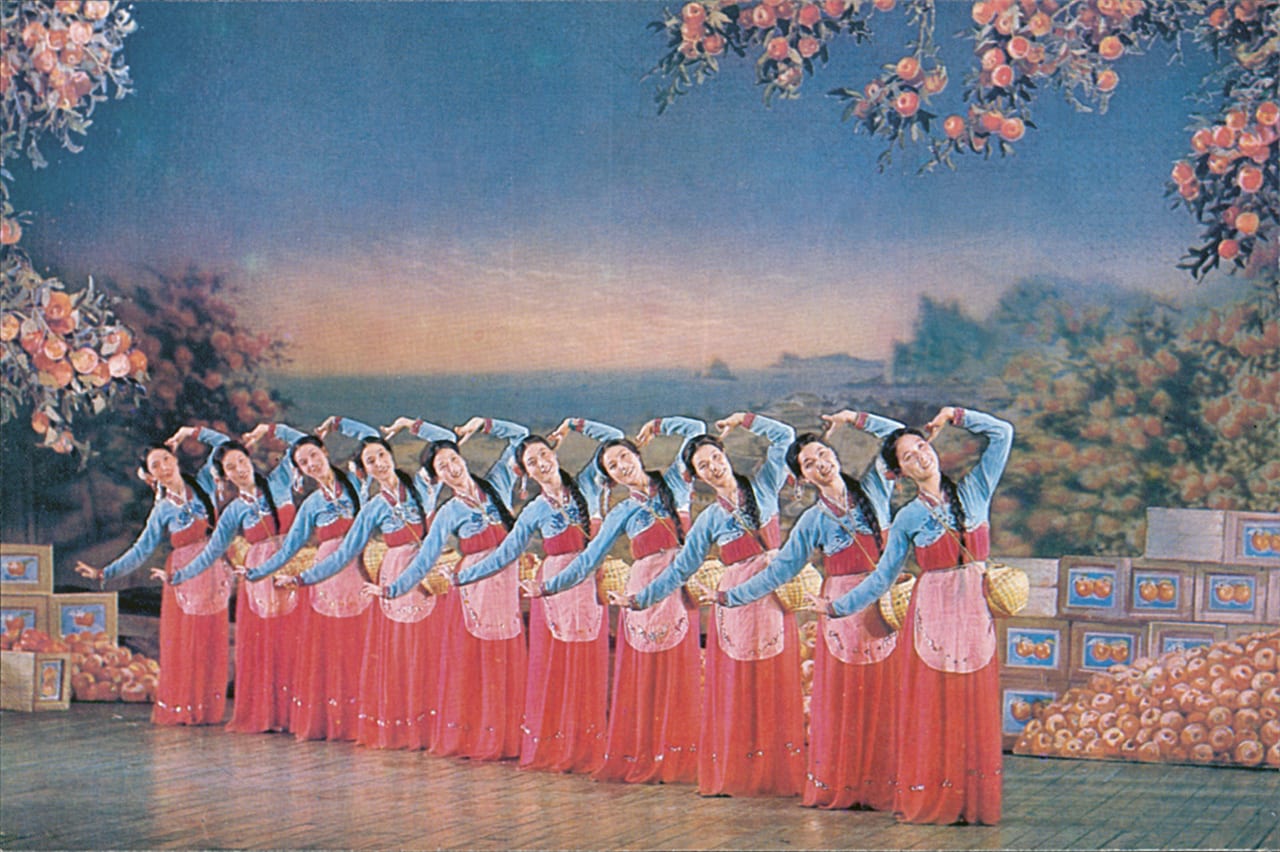
Nicholas Bonner first visited Korea in 1993, and since then has spent “most of my adult life involved in North Korea”. Now based in Beijing, he makes regular trips to the country with his company, Koryo Tours, and has also put together films and other cultural projects with North Korea with his other business, Koryo Studio. Bonner has collected ephemera from North Korea for nearly 25 years and recently published a book showcasing some of it with Phaidon, Made in North Korea: Graphics from Everyday Life. Featuring everything from metro tickets to stamps, postcards to luggage labels, tinned food labels to gift-wrap, it includes a healthy proportion of photographs made and disseminated by the DPRK. BJP caught up with him to find out more.
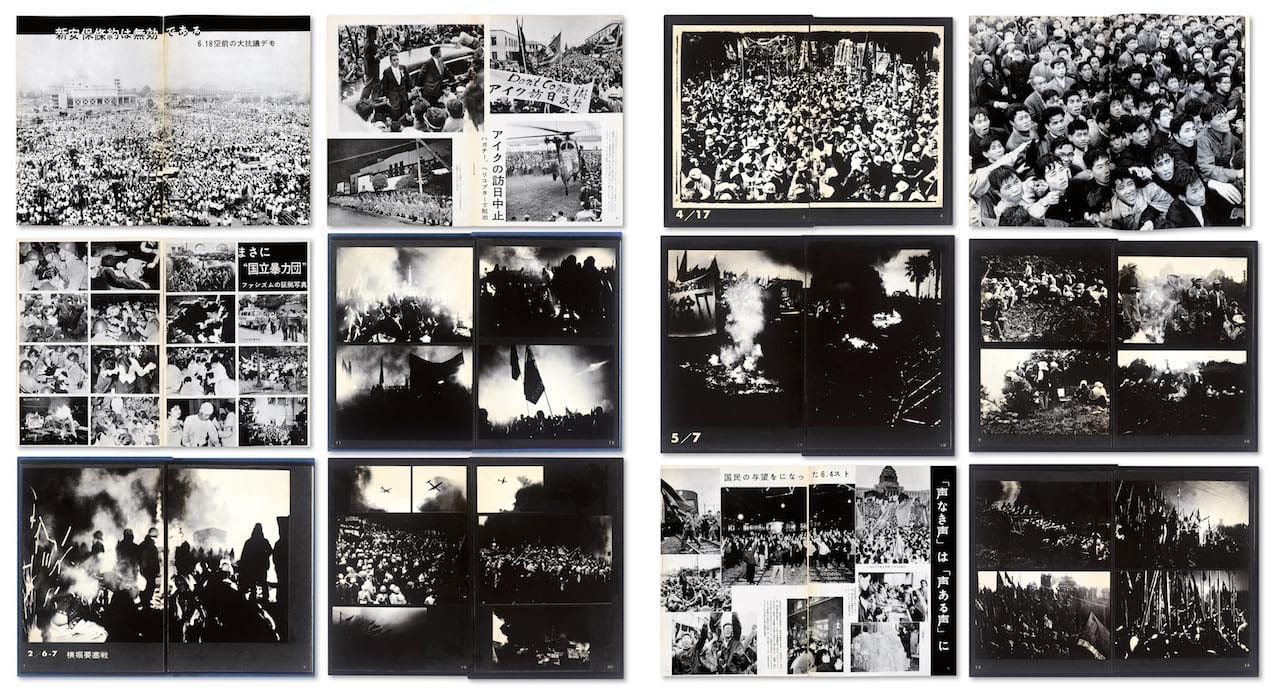
“There was Hiroshima, Nagasaki and the American occupation but also the uprising of students and farmers against the seizure of land for Narita Airport. It all unleashed the desire of the young generation to say that they had enough,” says Manfred Heiting as he introduces The Japanese Photobook. In a century of vast changes, from traditions to technology, empire to war, the photobook became an institution in its own right in Japan, documenting the history of the country as it happened.
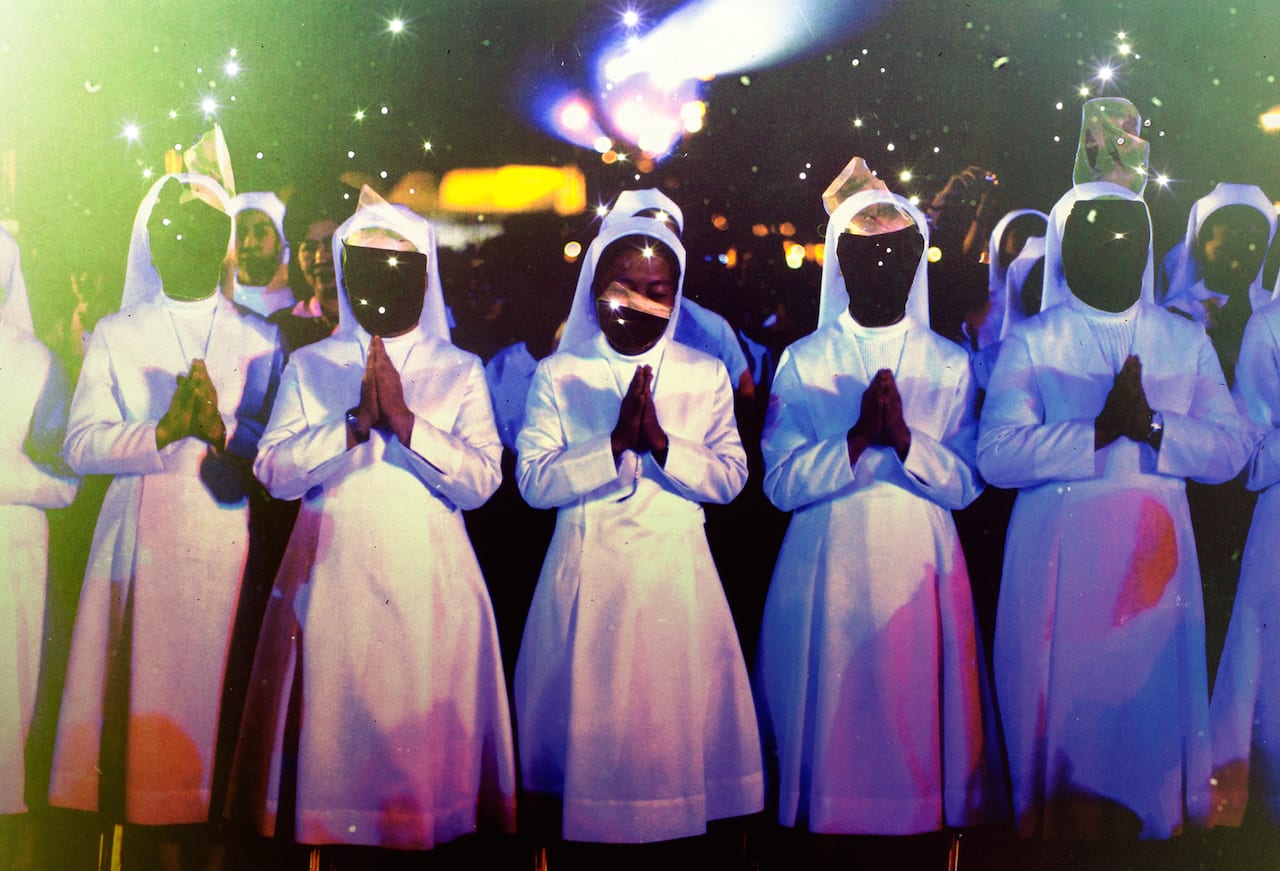
“Just a few days after the opening, soldiers entered the gallery and removed some of the photographs,” says Harit Srikhao, a runner-up in this year’s BJP Breakthrough Awards. The Thai photographer, whose series Whitewash uses the military crackdown in 2010 as its starting point, questions government control, censorship and propaganda. “You are able to talk about politics in public, but if you talk ‘bluntly’, you would be arrested,” says Srikhao.